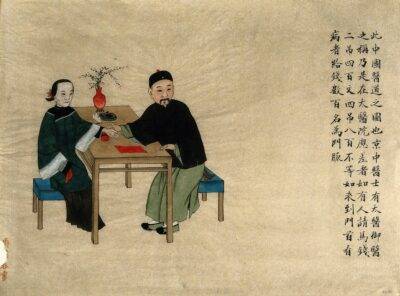
V0018517 Watercolour: Chnese trades and professions; Credit: Wellcome Library, London. Wellcome Images images@wellcome.ac.uk http://wellcomeimages.org ZHOU PEI QUN {fl. 19th century} Watercolour: Chinese trades and
In this article, we will explore the rich history of Traditional Chinese herbal remedies and how they are being applied in modern contexts.
Traditional Chinese Medicine (TCM) has been a cornerstone of health and wellness in China for thousands of years. This ancient system, rooted in a deep understanding of nature and the human body, utilizes various herbs, minerals, and other natural substances to treat illnesses, promote health, and balance the body’s energy.
In recent decades, TCM has gained widespread recognition beyond Asia, with many of its remedies being integrated into modern medical practices.
The Origins of Traditional Chinese Herbal Medicine
Traditional Chinese Medicine dates back more than 2,000 years, with its origins deeply intertwined with the philosophies of Taoism and Confucianism.
Central to TCM is the concept of Qi (pronounced “chi”), the vital life force that flows through the body. According to TCM, illness arises when there is an imbalance or blockage of Qi. Herbal medicine plays a crucial role in restoring this balance.
The earliest records of Chinese herbal medicine are found in ancient texts such as the “Shennong Ben Cao Jing” (The Divine Farmer’s Materia Medica), which dates back to around 200 AD. This text lists hundreds of herbs and their medicinal properties, many of which are still used today.
Over the centuries, the knowledge of herbal medicine was refined and expanded, leading to the development of sophisticated formulas that address a wide range of health conditions.
Key Principles of Traditional Chinese Herbal Remedies
Traditional Chinese herbal medicine is based on several key principles that guide its practice:
1. Yin and Yang Balance
Yin and Yang are fundamental concepts in Chinese philosophy, representing the duality of all things. In the context of health, Yin and Yang must be in balance for the body to function properly.
Herbal remedies are often used to restore this balance by either tonifying (strengthening) Yin or Yang, depending on the individual’s condition.
2. The Five Elements Theory
The Five Elements—Wood, Fire, Earth, Metal, and Water—correspond to different organs and physiological functions in the body.
TCM practitioners use this theory to diagnose imbalances and prescribe herbs that target specific elements to restore harmony.
3. The Meridian System
The meridian system is a network of pathways through which Qi flows in the body.
Herbal remedies are often prescribed to clear blockages in these pathways, ensuring the smooth flow of Qi and promoting overall health.
4. Holistic Approach
TCM takes a holistic approach to health, considering the body, mind, and spirit as interconnected.
Herbal remedies are used not only to treat specific symptoms but also to address the root cause of the illness, ensuring long-term health and well-being.
Commonly Used Chinese Herbs and Their Benefits
1. Ginseng (人参/Ren Shen)
Ginseng is perhaps the most well-known Chinese herb, revered for its ability to boost energy, improve mental clarity, and enhance immune function.
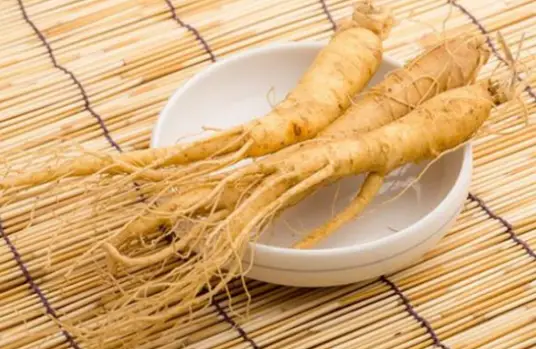
It is often used in formulas to tonify Qi and strengthen the body’s resilience against stress and illness.
2. Astragalus (黄芪/Huang Qi)
Astragalus is a powerful immune-boosting herb commonly used in TCM to protect against colds and infections.
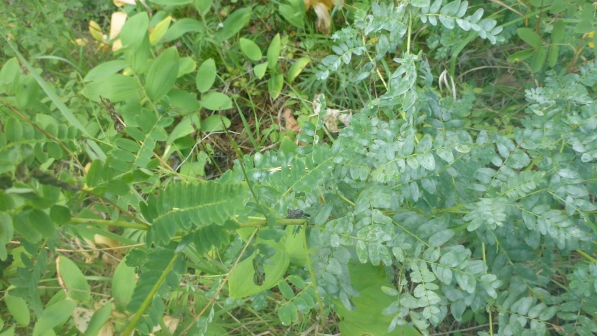
It also helps to strengthen the body’s Wei Qi, which acts as a defensive barrier against external pathogens.
3. Licorice Root (甘草/Gan Cao)
Licorice root is a harmonizing herb, often added to herbal formulas to enhance the effects of other herbs and reduce toxicity.
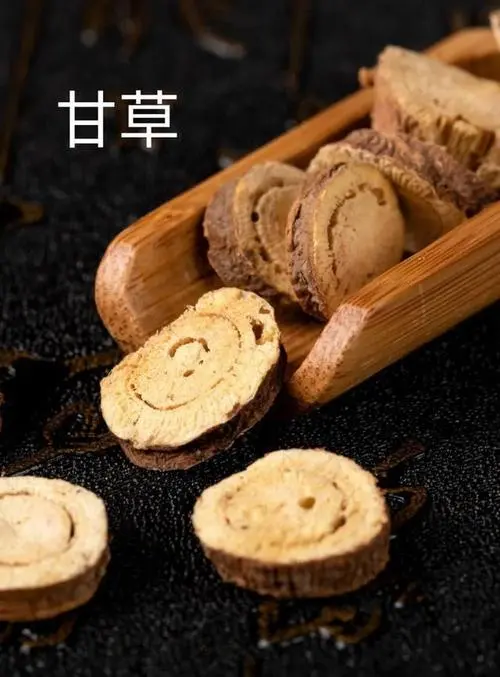
It is also used to soothe coughs, reduce inflammation, and improve digestion.
4. Ginger (生姜/Sheng Jiang)
Ginger is a warming herb widely used in TCM to treat digestive issues, nausea, and colds.
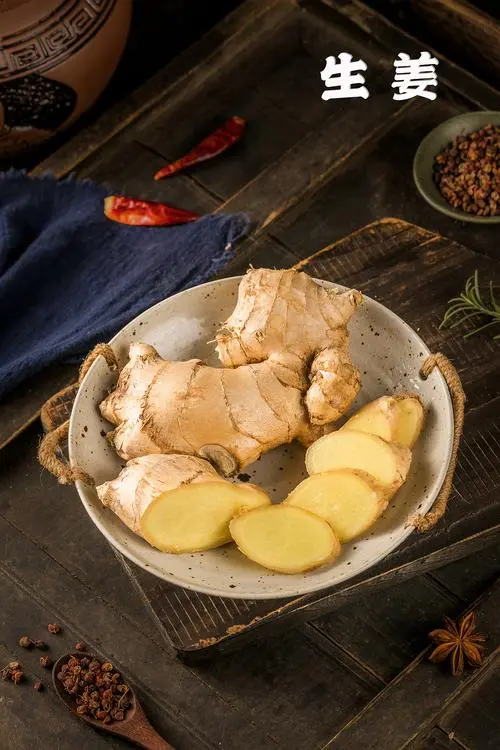
It helps to stimulate the digestive fire, dispel cold, and alleviate symptoms of indigestion.
5. Dong Quai (当归/Dang Gui)
Dong Quai, also known as “female ginseng,” is a popular herb for women’s health.
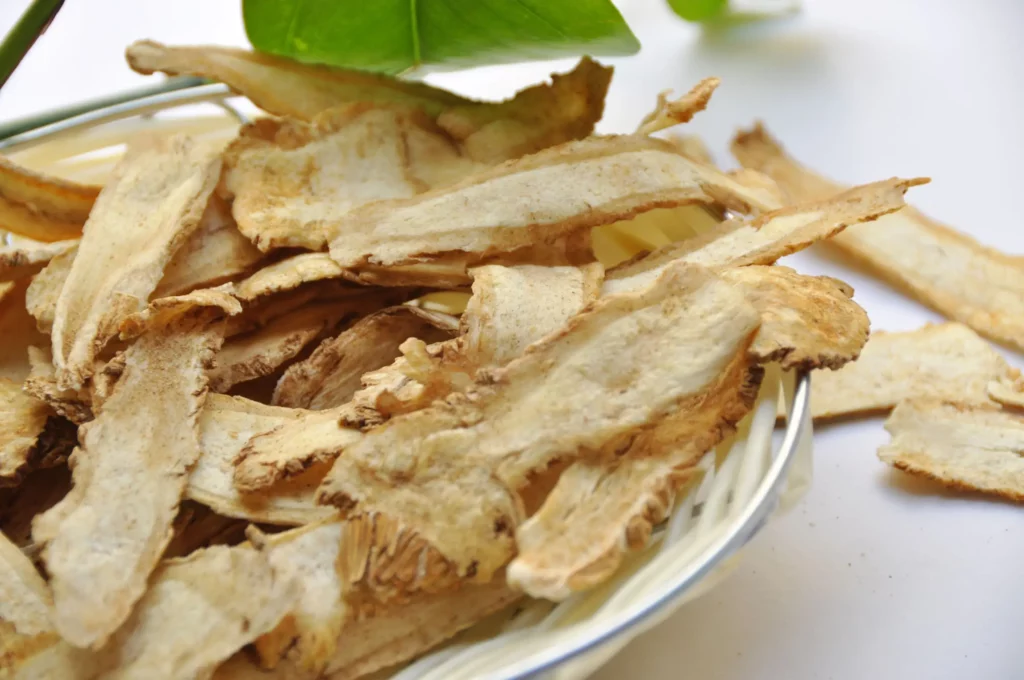
It is used to regulate menstrual cycles, relieve menstrual pain, and nourish the blood.
6. Reishi Mushroom (灵芝/Ling Zhi)
Reishi mushroom is a prized herb in TCM, known for its immune-boosting and longevity-enhancing properties.
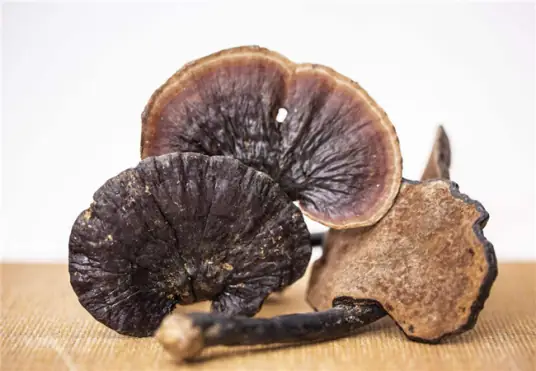
It is often used to calm the mind, support heart health, and increase vitality.
Modern Applications of Traditional Chinese Herbal Remedies
1. Integrative Medicine
In recent years, there has been a growing trend of integrating TCM with conventional Western medicine.
This approach, known as integrative medicine, combines the strengths of both systems to provide more comprehensive care. For example, Chinese herbs are often used alongside chemotherapy to reduce side effects and improve the overall quality of life for cancer patients.
2. Herbal Supplements
The global wellness industry has seen a surge in demand for herbal supplements, many of which are based on traditional Chinese formulas.
These supplements are marketed for various purposes, including boosting immunity, enhancing mental clarity, and promoting digestive health. The accessibility of these products has brought the benefits of TCM to a broader audience.
3. Treatment of Chronic Conditions
Traditional Chinese herbal remedies are increasingly being used to manage chronic conditions such as arthritis, diabetes, and cardiovascular diseases.
These herbs offer a natural alternative to pharmaceutical drugs, with fewer side effects and a focus on long-term health.
4. Mental Health Support
TCM has long recognized the connection between physical and mental health.
Herbal remedies are now being used to support mental well-being, addressing conditions such as anxiety, depression, and insomnia.
For example, herbs like Suan Zao Ren (Ziziphus seed) are used to calm the mind and promote restful sleep.
5. Skin Care
The beauty industry has embraced the benefits of TCM, with many skincare products now incorporating Chinese herbs.
Ingredients like Goji Berry (Gou Qi Zi) and White Peony Root (Bai Shao) are used for their anti-aging properties, helping to nourish the skin and reduce the appearance of wrinkles.
The Future of Traditional Chinese Herbal Medicine
As interest in natural and holistic health continues to grow, Traditional Chinese Medicine is likely to play an increasingly important role in global healthcare.
Ongoing research is helping to validate the efficacy of Chinese herbs and uncover new applications. However, it is essential to approach TCM with a deep understanding of its principles and practices, as improper use of herbal remedies can lead to adverse effects.
In conclusion, Traditional Chinese herbal remedies offer a rich and valuable resource for both preventive and therapeutic healthcare. By integrating these time-honored practices with modern medicine, we can create a more holistic and balanced approach to health and well-being.


